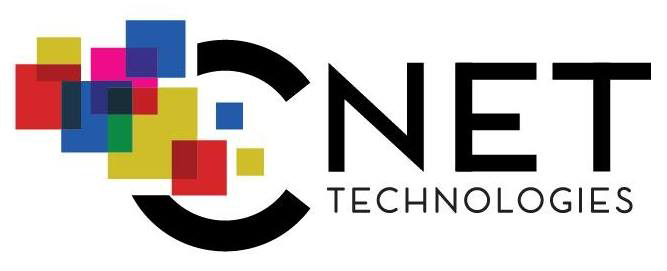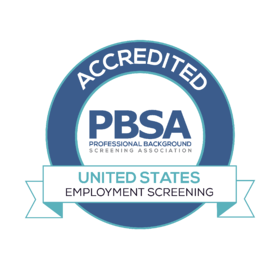Credit checks are one of the less popular options for pre-employment screening. Should they be? The benefits of a drug screening or criminal background check may be more obvious, but a credit check on potential hires can be just as valuable. And, when we say value, we are speaking about your bottom line.
I’ll tell you a story. I’m omitting names and organizations in the interest of privacy, but it is entirely true, and relatively well documented. I once had a job that required my colleagues and me to deal with significant amounts of money. GDP-of-Japan sums of money. We didn’t physically touch the money, of course, but it was right there in front of us, in bits and bytes. My boss was a great guy. Friendly, respectful, many years prior in similar roles. Nowadays, that great guy is in federal prison for stealing 4.7 million dollars from our employer to cover gambling debts.

I have no idea if a credit check would have turned up anything on this old boss of mine. The point I’m trying to make is that hiring people that are bad with money can hurt your company’s finances. Procedural credit checks may seem like a waste of money until you take a giant loss because you cut that particular corner.

Studies have suggested that someone with a history of financial trouble is almost twice as likely to steal from their employer. If that isn’t enough to sell you on a credit check, please also consider that they offer insight into the responsibility level of your candidates. Someone who is habitually late with their payments or who has defaulted on loans may be a bad fit for your organization.
Likewise, a credit check can help you identify troublesome patterns in behavior. A downward spiral in recent financial situations may indicate an individual that you won’t want to trust with your company’s finances.
All of that said, we need to keep in mind that the Fair Credit Reporting Act and your state’s laws don’t necessarily allow you to check potential hires’ credit at will. You may be allowed to run full credit checks or partial credit checks. The credit check that you are allowed may be specific to the type of position for which you are hiring. You may be required to wait until a certain point in the hiring process to run a credit check, and you may have limitations as to how far back you can look on said check.
Credit checks are valuable, but not necessarily easy. State and federal laws make this practice complicated. We recommend considering a company that specializes in pre-employment screening. Their knowledge of current hiring requirements can help you safeguard your future without opening your business to obnoxious and potentially costly lawsuits.








